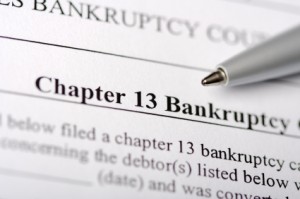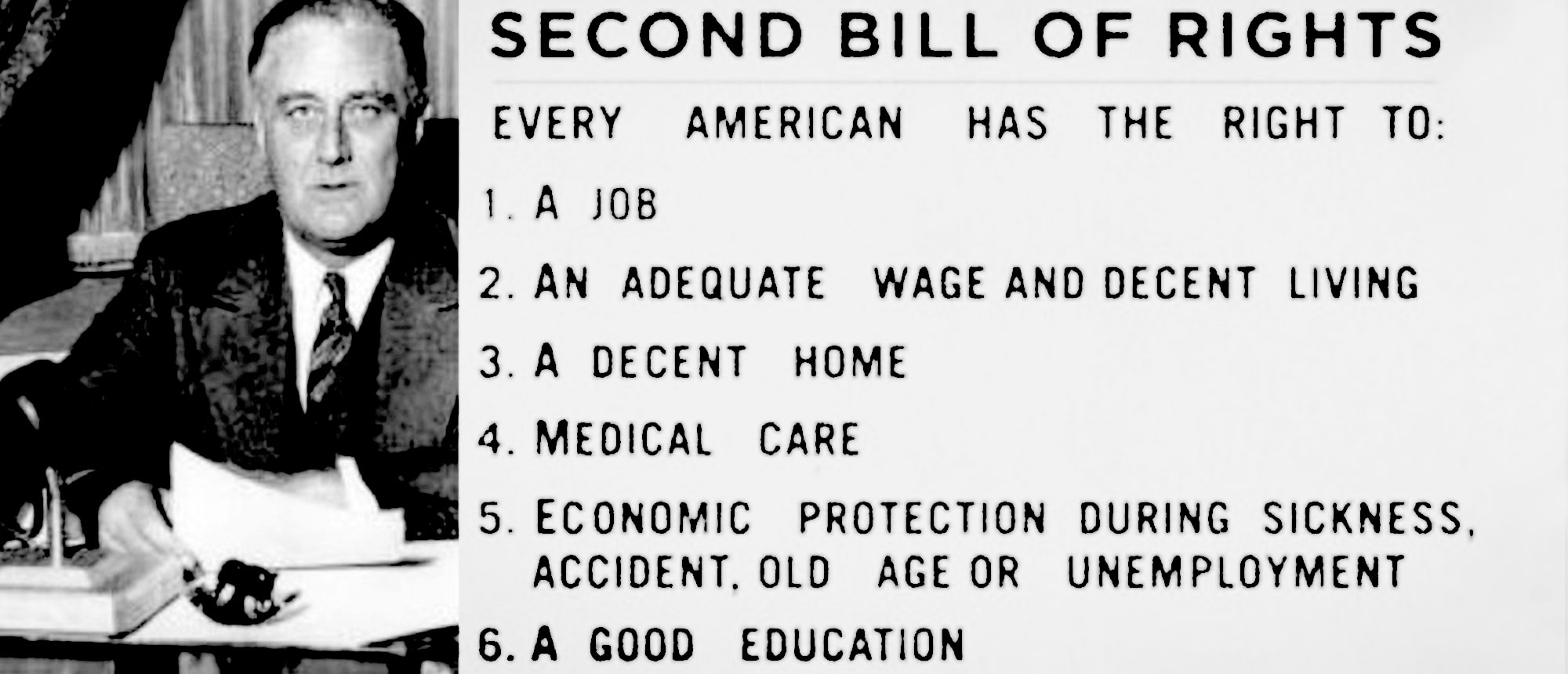(ThyBlackMan.com) There are two bankruptcy chapters utilized by most individuals including Chapter 7 – Liquidation and Chapter 13 – Reorganization. Both chapters provide an “automatic stay” which prohibits creditors from continuing and taking certain adverse actions against the debtor.
Chapter 7
A Chapter 7 liquidation is the most common type of bankruptcy filing. It involves the appointment of a trustee, who collects the non-exempt property of the debtor, sells it, and then distributes the proceeds to the debtor’s creditors. Generally, Chapter 7 cannot be used to discharge (get rid of) recent taxes, child support, alimony, student loans, drunk-driving  judgments, criminal fines or restitution, or debts that involved fraud or intentional wrongdoing. Corporations cannot receive a discharge under Chapter 7. What is considered “exempt” and “non-exempt” varies between the federal and state governments, and state regulations may prevail over federal regulations. Liens typically survive bankruptcy; therefore to retain collateral used as security for a loan (i.e. a house with a mortgage), the debtor must remain current on his/her mortgage payments, as the bank will retain its foreclosure rights.
judgments, criminal fines or restitution, or debts that involved fraud or intentional wrongdoing. Corporations cannot receive a discharge under Chapter 7. What is considered “exempt” and “non-exempt” varies between the federal and state governments, and state regulations may prevail over federal regulations. Liens typically survive bankruptcy; therefore to retain collateral used as security for a loan (i.e. a house with a mortgage), the debtor must remain current on his/her mortgage payments, as the bank will retain its foreclosure rights.
To qualify for a discharge under Chapter 7, if the majority of the debtor’s debts are consumer related (i.e., personal in nature), the debtor must satisfy the “Means Test” (i.e., the debtor cannot earn more than a certain amount of income per year). Alternatively, the debtor may qualify for a discharge under Chapter 7, notwithstanding his/her income, if the majority of the debtor’s debts are business related, as opposed to consumer related.
Chapter 13
If the debtor has regular income and unsecured debt of less than $336,900 and secured debt equal to or less than $1,010,650, then Chapter 13 is an option. Chapter 13 is a reorganization/repayment chapter whereby the debtor makes regular periodic payments to a Chapter 13 trustee who pays the debtor’s creditors off over a period of 3 to 5 years.
Repayment plans in Chapter 13 can range from 10 to 100 percent, depending on the debtor’s income and the amount and kind of debt obligations. The benefit of Chapter 13 is that a debtor can continue to keep his/her property even if the property serves as collateral for a secured loan, and even if the debtor is behind (in arrears) on the loan payments. Secured creditors, including fully secured first mortgages and possibly second or third mortgages, will continue to receive regular payments outside the plan. Certain debts that cannot be discharged in Chapter 7 can be discharged in Chapter 13, such as recent debt, criminal fines, and debt incurred by fraud. A debtor can also pay back past due tax obligations over a period of time. Chapter 13 also helps debtor’s prevent foreclosures and repossessions while catching up on their secured debts.
PREPARING FOR BANKRUPTCY
Schedules
Filing bankruptcy requires the completion and filing of bankruptcy schedules and other documents identifying the debtor’s assets, liabilities, income, expenses, and other information. Schedules are signed under oath and penalty of perjury. When preparing to file bankruptcy, debtors need to obtain account information for all debt obligations, including name of creditor, address, account number, balance owed, date debt was incurred, and nature of debt obligation.
Reviewing recent credit report would be helpful to ensure no information is omitted. Schedules also ask for information such as recent garnishments, repossessions, lawsuits, income for the last 3 years, and require that debtors provide a detailing listing of certain payments made to creditors within the 90 days prior to the bankruptcy filing. Debtors will also be required to accurately list assets including all real and personal property owned by the debtor.
In addition, consumer Debtors are required to take a credit counseling course prior to filing and a financial management course after the filing. These courses can be taken online or over the phone and generally cost between $25 to $50. Debtors will also be required to provide two years of most recent tax returns and must have a valid ID and a copy of their social security card. Schedules must be filed within 7 days of the bankruptcy filing or the case may get dismissed.
Written By John A. Moore
Official website; http://nlgattorneys.com/




















Thanks for giving alittle advice epiphany…
Staff,
ThyBlackMan
It is refreshing to see accurate bankruptcy information on the internet. This is great information for debtors to have. I would also urge those considering filing for bankruptcy to seek the advice of a qualified attorney.
Good luck to all,
ep
Yes also they should find a councilor who will explain to them what is going on. It can make a world of difference
People should first look at what they hope to achieve by filing bankruptcy, whether a chapter 7 or a chapter 13 provides the protections and benefits they desire.